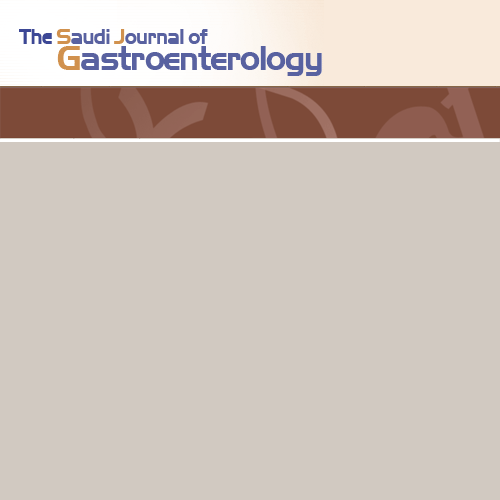Summary
Background/Aim
Due to epidemic levels of obesity and type 2 diabetes mellitus (DM), nonalcoholic fatty liver disease (NAFLD) and resulting nonalcoholic steatohepatitis (NASH) will be driving factors in liver disease
burden in the coming years in Saudi Arabia and United Arab Emirates (UAE).
Materials and Methods
Models were used to estimate NAFLD and NASH disease progression, primarily based on changes in adult prevalence rates of adult obesity and DM. The published estimates and expert interviews were used to build and validate the model projections.
Results
In both countries, the prevalence of NAFLD increased through 2030 parallel to projected increases in the prevalence of obesity and DM. By 2030, there were an estimated 12,534,000 NAFLD cases in Saudi Arabia and 372,000 cases in UAE. Increases in NASH cases were relatively greater than the NAFLD cases due to aging of the population and disease progression. Likewise, prevalent cases of compensated cirrhosis and advanced liver disease are projected to at least double by 2030, while annual incident liver deaths increase in both countries to 4800 deaths in Saudi Arabia and 140 deaths in UAE.
Conclusions
Continued high rates of adult obesity and DM, in combination with aging populations, suggest that advanced liver disease and mortality attributable to NAFLD/NASH will increase across both countries. Reducing the growth of the NAFLD population, along with potential therapeutic options, will be needed to reduce liver disease burden.
Countries: Saudi Arabia, United Arab Emirates

